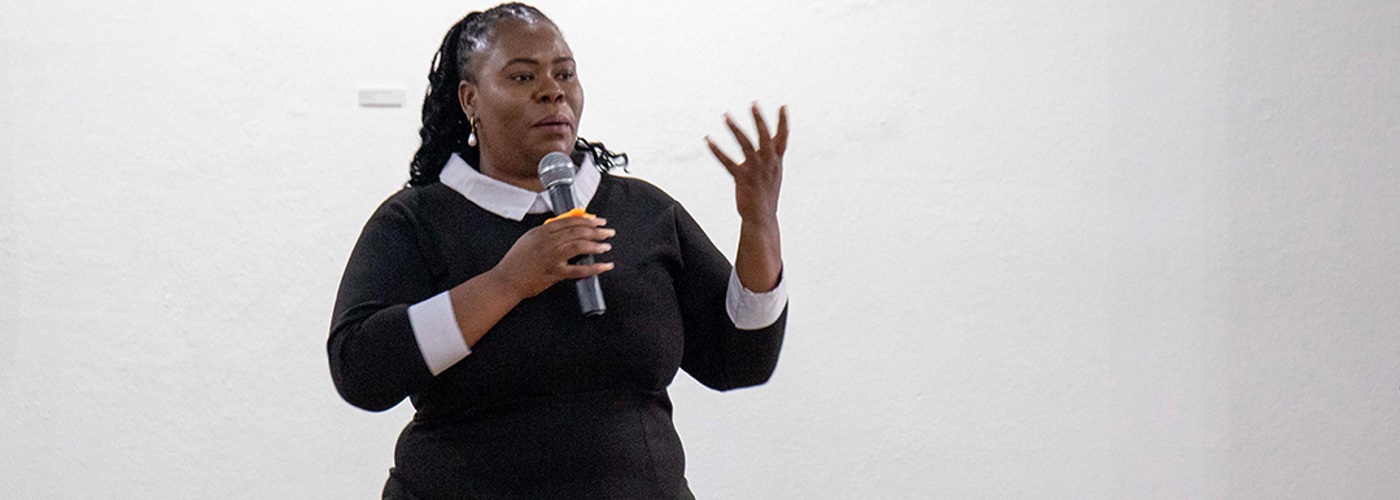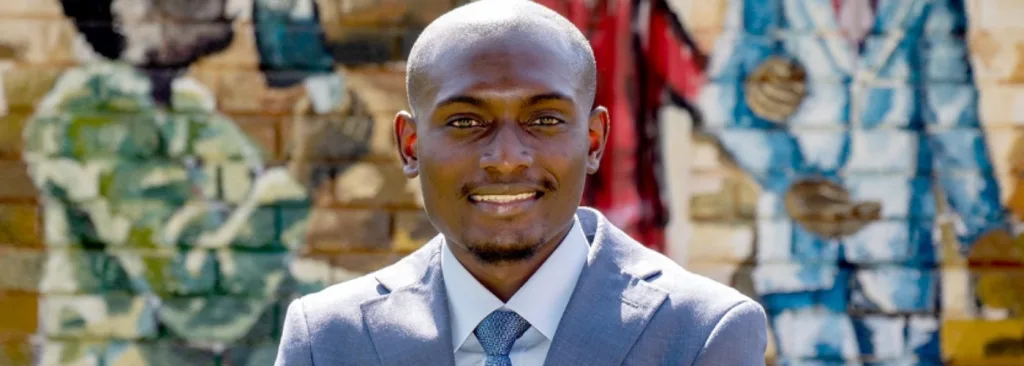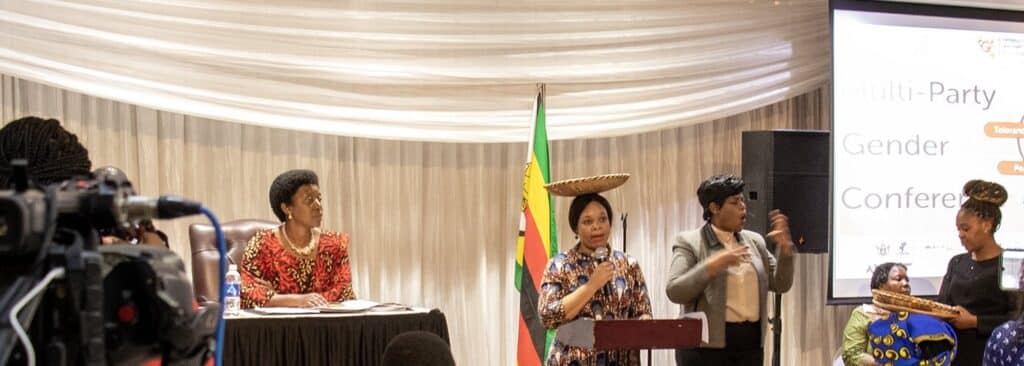Zimbabwe’s local, provincial, parliamentary and presidential elections are on August 23. Unfortunately, it has become even more difficult for women to hold political office than in the last elections in 2018. “The economic crisis in our country hits them much harder than men,” says Nana Zulu, regional director of Hivos in Southern Africa. “So it is they who should sit at the decision-making table and contribute to the policies that affect their lives. This is the aim of a number of our programs.”
The economic situation in Zimbabwe is worrying. The country has one of the highest inflation rates in the world and unemployment and poverty have risen sharply. “Women suffer much more because they’re either not educated or less well educated than men, or have to take care of their families,” says Nana.
$20,000 to run for office
At the same time, women have too little political influence to improve their situation. In the 2018 elections, only 31 percent of women were elected to parliament and 14 percent to local government positions. These percentages are far below the quotas for women required by the Constitution.
“Expectations for the upcoming election are even worse,” Nana tells us. “In 2018, there were twenty-three presidential candidates, of which four were women. This year twelve presidential candidates have been nominated, of which only one is a woman. The registration fee to participate in the elections was 1,000 US dollars in the previous elections, now it is no less than 20,000 dollars. So only candidates with money and power can participate, and they are mainly men.”
Violence and sexual harassment
The challenges women face in politics are not only financial. “Decision-making and leadership are seen as matters reserved for men. Women who stand for election face resistance and violence. They are threatened and sexually harassed. The media focuses on their personal lives: Are they married? How many sexual partners have they had? Male candidates would never get such questions. Women are portrayed in a bad light, which damages their credibility,” Nana explains.
Workout for women
Hivos has three programs in Zimbabwe that promote, among other things, female leadership and the participation of women in the electoral process. “We want to hold the government accountable. The Constitution states that everyone is equal and prohibits discrimination on the basis of a person’s sex. We want these laws to be reflected in reality.”
Hivos’ programs in Southern Africa ensure women know their rights and how political processes work. “We help them to participate effectively in politics. Think of training in leadership or about the nomination process. Some women find public speaking stressful, so we help them build self-confidence in this area. And if a woman is elected, for example as a member of parliament, we guide her in fulfilling her office as best as possible.”
Joining hands
Hivos also brings women’s movements together so they can jointly put their demands on the table. “We did that last February, for example. Several women’s rights organizations met with the three largest political parties in Zimbabwe at a special gender conference. We presented them with a charter containing the conditions for gender equality in politics. For example, by supporting women with campaign finance and protecting them from violence.”
Even after the elections
Although all three signed the charter, little has come of their good intentions so far. Many political parties have fewer and fewer women on their lists, also because it has become unaffordable for many women to put themselves forward for election.
Despite this setback, Nana believes that Hivos’ work will bear fruit in the longer term. “Social norms and values don’t change overnight. Our work is a continuous process that go on after the elections. We’re building an inclusive culture with respect for women and a new generation of leaders. The women we bring together are united and express their wishes and needs very openly. That’s already an achievement. We are critical, we state clearly what we expect and will continue doing so,” Nana concludes.




